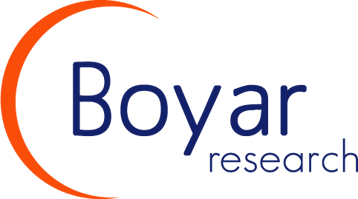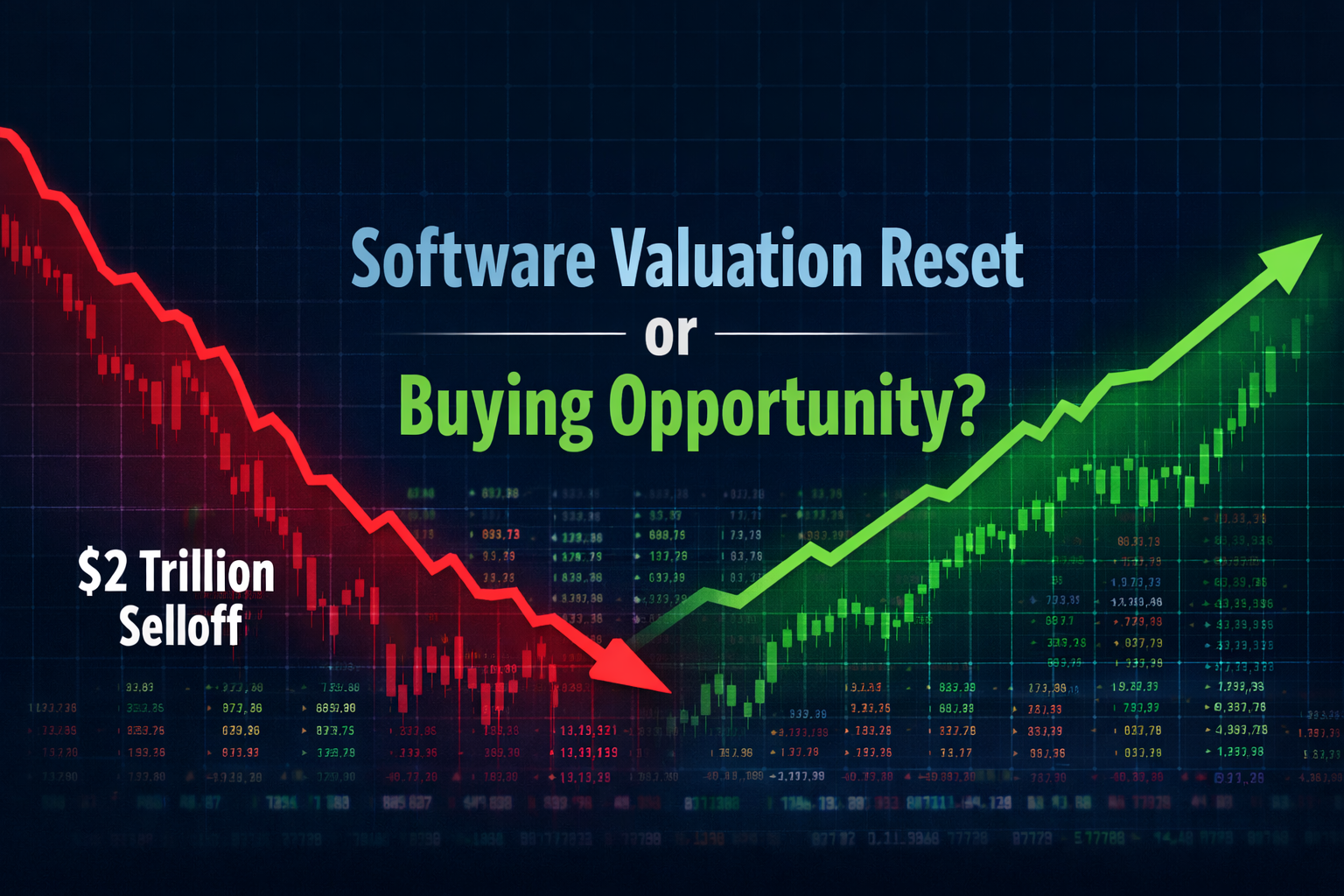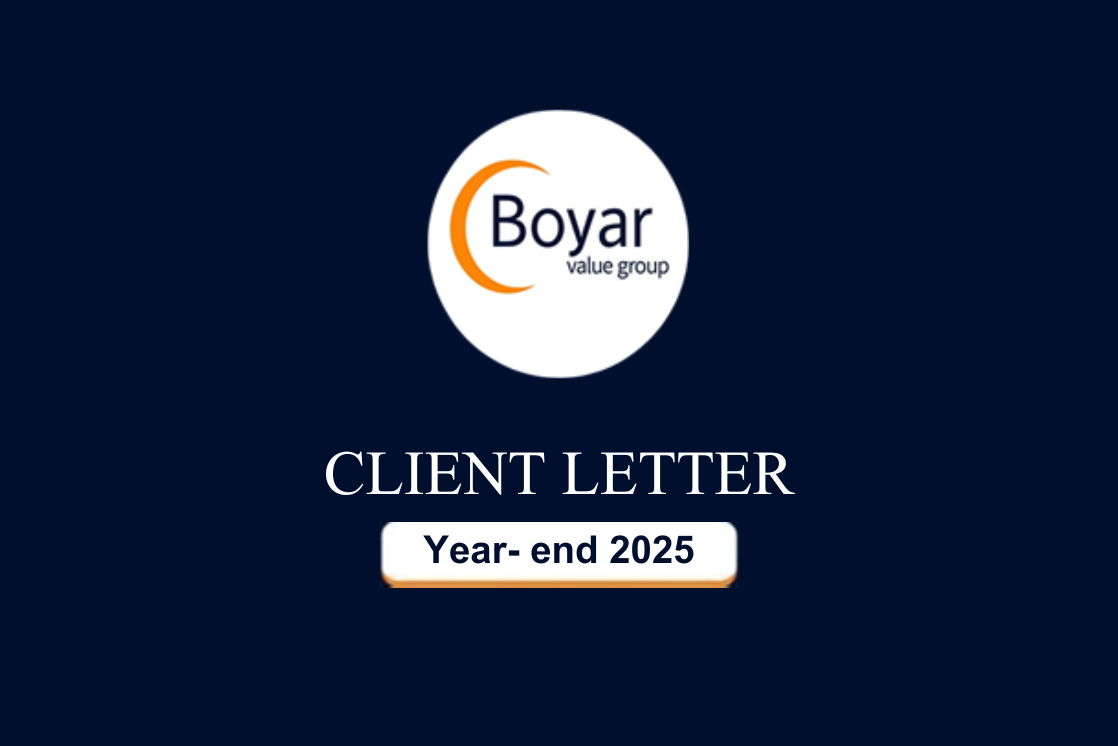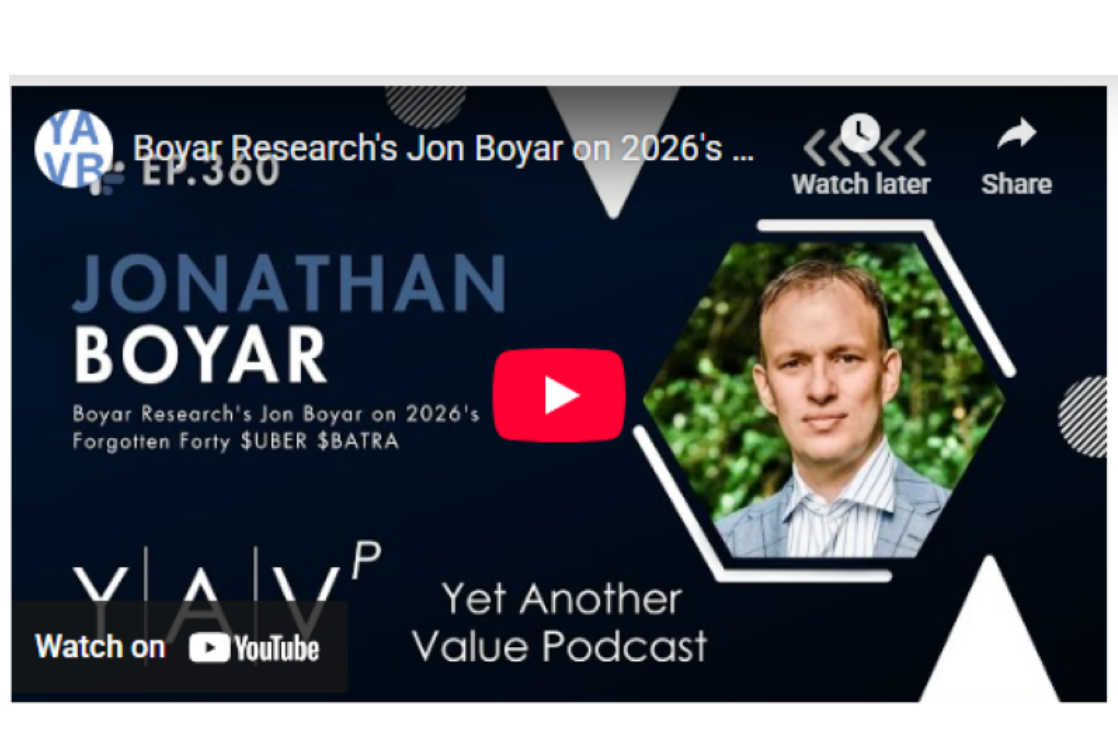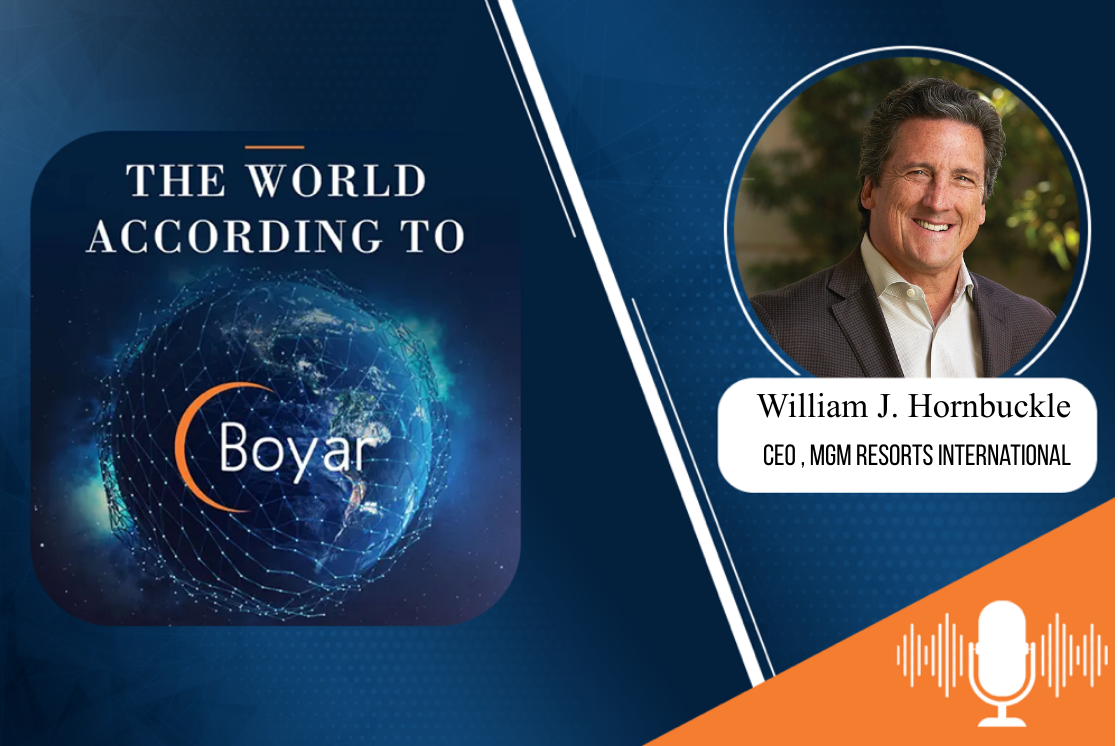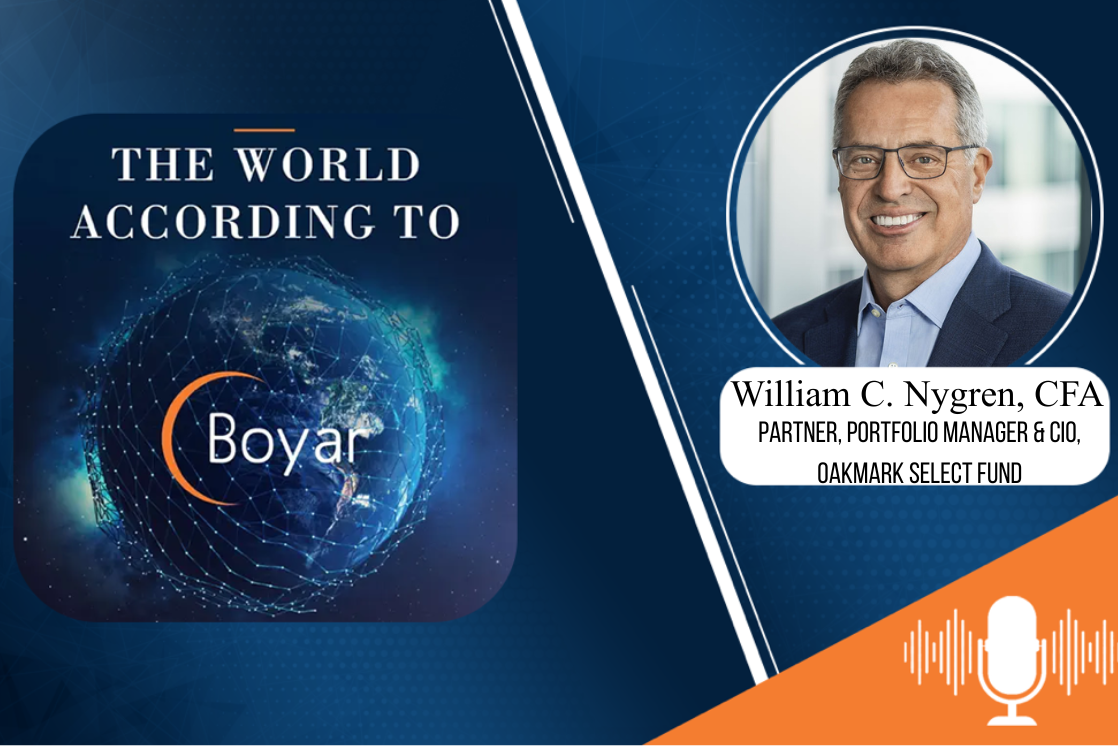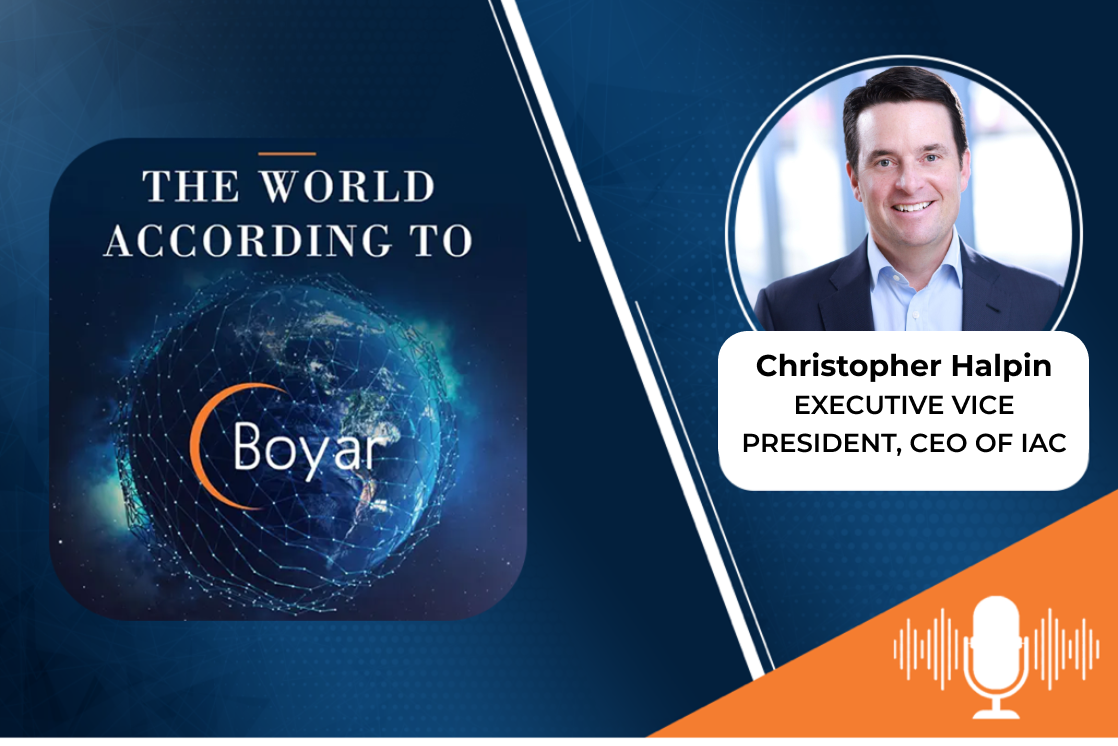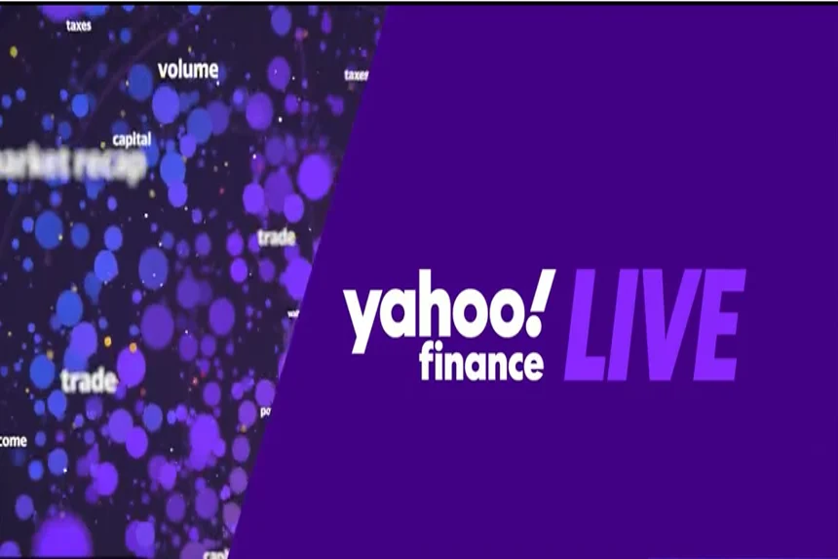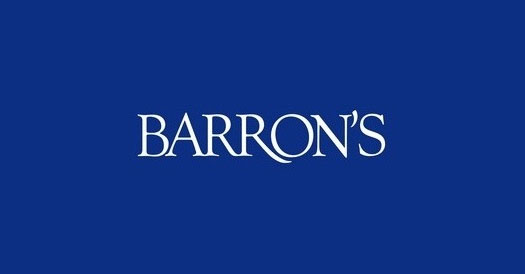Jonathan Boyar Joins The Value Perspective Podcast
Jonathan Boyar recently sat down with the team behind The Value Perspective podcast from Schroders for a wide-ranging conversation on investing, communication, and navigating today’s market as a value investor.
In this wide-ranging discussion, Jonathan shares lessons learned from decades in the business—beginning with his early days listening to investment stories at the family dinner table, through his time at Gabelli, to ultimately joining the firm his father founded in 1975. Along the way, he discusses what makes value investing so challenging (and so rewarding), how to decide when to change your mind on a stock, and why Boyar Research still sends hard copies of its research to institutional clients.
Some of the topics covered include:
- Why great communication is central to investment success
- How Boyar uses a private equity approach in public markets
- The behavioral discipline needed to survive as a value investor
- What it was like publicly challenging Bill Ackman—then interviewing him
- Why Boyar still believes in active management, even in a passive-dominated world
Plus: Jonathan names some of his most memorable podcast guests and shares a favorite investing book recommendation that often flies under the radar.
🎧 Listen to the episode here →
Explore More:
- Check out past episodes of The World According to Boyar
- Check out our Substack for our accessible research insights
- Learn more about our research philosophy and services
If you're interested in how Boyar Research identifies underfollowed public companies with long-term upside potential, get in touch with us at info@boyarvaluegroup.com or call 212-995-8300.
Transcript
Intro Speaker
On today's episode, we're joined by Jonathan Boyar, Managing Director of the Boyar Group, a research-driven investment firm founded by his father 50 years ago. The Boyar Group is known for its deep fundamental research, applying a private equity lens to public markets with a strict focus on U.S. equities. Jonathan also hosts the podcast The World According to Boyar and publishes a popular Substack.
Andy Williams:
This episode, co-hosted by me and Juan Torres Rodriguez, Co-Portfolio Manager for the Emerging Market Strategy at Schroders, explores Jonathan's insights drawn from decades of market study—including behavioral patterns that consistently stand out, how and when to change your investment view, why the last 15 years have been particularly challenging for value investors, a look at the creative side of financial content, and finally, why the Boyar Group has chosen not to expand its research beyond the U.S.
Juan
Jonathan Boyar, welcome to The Value Perspective podcast. It’s our pleasure to have you here. How are you?
Jonathan Boyar:
I'm doing great. It's great to see you.
I also have to apologize and say welcome back, because we had you on briefly during our special episode at the New York Value Conference. We did a short segment with you. So it's great to be here for a full session.
Jonatan
That was a fantastic conference. You were pretty busy that day—I think you interviewed every speaker—so I’m glad we can speak properly now.
Juan:
Yes, we were together in New York too. We're also headed to London in a few weeks, so it's a great time to have you on, Jonathan.
Jonathan:
Thanks. I’m in New York today. Just got back from vacation with my family, and now it’s back to reality—dealing with whatever our government throws at us on a daily basis.
Andy:
For those unfamiliar with your background, can you walk us through your journey?
Jonathan:
Sure. I’ve been around investing my whole life—my dad founded the Boyar Group in 1975, so I grew up hearing about it at the dinner table. He never pressured me to join, but I always found it interesting. I had an E*TRADE account at a very young age and, unsurprisingly, lost a lot of money early on.
After college, I worked for Mario Gabelli, which was an amazing learning experience. Then I went to law school—which I now call the biggest mistake of my career. Being a law student was fun; being a lawyer wasn’t. I joined my father at the firm in 2008, and I’ve been here ever since.
The firm has two arms: the research boutique, which we started in 1975 and sell on a subscription basis to institutions, and Boyar Asset Management, which we launched in 1983 to apply the same investment approach in managed accounts. Our philosophy is to take a private equity-style approach to public markets. We've been doing that a long time.
Juan:
You’ve leaned into communication in a big way: the podcast, the Substack, and even still sending printed research. Tell us about that.
Jonathan:
Communication is key. You mentioned the podcast—it’s the best part of my job that I don’t get paid for. It’s just fun. You learn from people. It gets your name out there, sure, but the real reward is the insight.
Even now, we still send hard copies of our research to institutional subscribers. Why? Because everyone gets a million emails a day, but hardly any real mail. It increases the odds that people will actually read what we send. And reading is the hard part—whether it's a memo to your team or a sell-side note, if you don’t make it interesting and concise, it doesn’t get read.
Especially when you're writing about an unsexy company—an insurance company, an industrial—if you can make it engaging, you're ahead of the game. But ultimately, there are two things that matter in research: making people think, and being right. You can be contrarian, but you also have to be profitable. If you're wrong too often, no one sticks around—unless they use you as a contra-indicator!
Andy:
How is your Substack different from your institutional research?
Jonathan:
It’s a labor of love. There’s a free and paid version, and it’s a very light version of what we do institutionally. It’s for people who can't afford our traditional product. I wanted to offer something that gives long-term, high-quality ideas without all the trading noise that dominates most retail-focused content. Wall Street research has really declined in quality, especially for individuals.
But we’re very careful—we don’t give away the same thing we sell for tens of thousands of dollars for a few hundred. Still, it’s been fun and worthwhile. And it lets us experiment with different writing styles—writing for a professional investor is very different than writing for a smart layperson.
Juan:
Let’s talk about your interview with Bill Ackman. That made waves.
Jonathan:
Yes, that was about Howard Hughes, a company we’ve covered since 2011. Everything in that housing-themed issue did great—except Howard Hughes. It's been a frustrating name.
Ackman owns about 37% of it. It’s a master-planned community business at its core. Recently, he and the board decided to keep it public while charging a 1.5% management fee—comparing himself to Buffett along the way.
I have the utmost respect for Bill. He's a great investor. But that didn't sit right with me. You don’t get to buy a dollar for 50 cents, on our watch, and charge fees for it too. So I wrote a letter to the independent board. It got coverage in Barron’s, The New York Post, and others. I also sent it to Bill.
To his credit, he called me. We had a friendly chat—actually played tennis together at his office. He’s a great tennis player. I told him: “You can go on CNBC, sure. But why not sit down with someone who’s actually critical?” And he said he’d think about it. Eventually, he agreed to do the podcast.
It went really well. It wasn’t softball questions. I asked him real things. There was some controversy—he compared himself to Buffett again, and The New York Post ran with that—but overall, I’m glad we did it.
Juan:
That was a fantastic interview, and for anyone who hasn’t listened to it, I highly recommend they check out your podcast. On a lighter note, what have been your favorite episodes of The World According to Boyar?
Jonathan:
That’s tough. I’ve been fortunate to speak with some really fascinating people. Once you get one big guest, it becomes much easier to get others.
The first major guest we had was Ken Langone, co-founder of Home Depot. I probably won’t re-listen to that episode—it’s a bit painful in hindsight because I was still learning how to be a host—but he was incredible. A billionaire in his mid-80s who doesn’t care what anyone thinks. He’s blunt, insightful, and a great storyteller. He talked about holding stocks for the long term—his average turnover was around 40 years.
Another memorable one—though I’m not sure if it’s my favorite or least favorite—was Jim Hagedorn from Scotts Miracle-Gro. He’s the chairman and pretty much controls the company. That episode was the only one rated explicit on iTunes, because he speaks like a former fighter pilot... which he is. Very colorful language. But very sharp.
Andy:
We once had a former Top Gun instructor on, and it was the most heavily edited episode we ever did. Must be something about fighter pilots.
Jonathan:
Totally. One funny thing—Hagedorn used to live on Long Island and would fly himself to Ohio for work two or three times a week. He told me he’d read The Wall Street Journal while flying. I found that... concerning. But I guess it worked for him.
Juan:
You mentioned it earlier, but congratulations on 50 years of the Boyar Group. That’s a huge milestone.
Jonathan:
Thank you. Though all the credit goes to my father. He kept it going that long. It feels like 50 years for me, too, some days!
In terms of lessons, one big thing is context. We were just talking offline about tariffs and uncertainty—it’s easy to think the world is ending. But it never is. And things are rarely as good or as bad as they seem.
Second: don’t fall in love with a stock. You have to constantly evaluate your holdings. Every day is a new decision—buy, sell, or hold. Most of the time, the answer is hold. But you need humility to admit when you’re wrong. That’s especially tough when you’ve been public about a position, through research or podcasts or presentations.
It’s not easy to reverse course. But sometimes that’s exactly what you need to do.
Andy:
That’s such a hard behavior to manage. What’s your process for knowing when to change your view?
Jonathan:
We try to have a second analyst look at a name with fresh eyes. I also rarely take a full position all at once, because I know how cheap things can get.
One key question is: do they have time? If it’s cyclical, and I’m convinced it’s not secular—but the company has near-term debt—they may not survive. In that case, I’ll consider exiting.
Right now, I’m going through that with Global Payments. I still believe in it, but it’s testing my patience. The hard part is not buying—it’s deciding when to sell, both on the downside and upside.
Some of our best gains came from doing nothing. We bought, held through volatility, and let the winners run—even if they became 10%, 15% positions. If it’s a high-quality company with a fortress balance sheet and a wide moat, I’m fine with that.
I tell clients: if I’m not selling it in my own account, why would I sell it in yours?
Juan:
You joined the firm in 2008, right as the financial crisis hit. Since then, it’s been tough for value investors. What’s been the hardest part?
Jonathan:
Easy: underperforming growth. I’m competitive. I don’t like losing. But I also don’t think of it as losing. We’ve done well in absolute terms. But it’s hard watching mega-cap tech rip higher while you’re in underappreciated names.
That said, I care just as much about how you make returns as I do about what they are. What risk did you take? I still believe in cycles, and I think this one—growth dominance—is long in the tooth. At that recent value investing conference, everyone was excited that it’s shifting. That makes me nervous. I’m a contrarian by nature.
But as long as I can buy high-quality businesses at low prices, I’m happy. We have great clients who understand what we do, and that comes down to communication. You have to explain what you’re doing, why it matters, and why you’re not chasing performance.
Andy:
One thing I admire is how you’ve embraced so many channels—print, podcast, Substack. What’s next?
Jonathan:
It won’t be TikTok, that’s for sure. I don’t know what the next format is. Fifteen years ago, I never thought I’d host a podcast. Or write a Substack. But whatever comes next, we’ll keep focusing on high-quality companies trading at reasonable or cheap prices.
We’re still U.S.-focused, but I’ve been tempted to look abroad. People are declaring the death of U.S. exceptionalism. I don’t buy that entirely, but there are bargains overseas.
Juan:
Why hasn’t Boyar done more international work?
Jonathan:
We tried! In 2018 or so, we launched a European-focused product. We picked great names—like Kering and Merlin Entertainments (which owned the London Eye). The picks did well. But the interest wasn’t there. We couldn’t get enough subscribers to make it worthwhile.
We’ve also done a few Japanese names—one, a company launching a new console—but again, you need the right distribution channel. The opportunity set is there. It’s a big, interconnected world.
Andy:
Let’s talk behavior. You clearly understand behavioral finance on the communication side. But what about the investment side? How do you manage your own biases—and your team’s?
Jonathan:
It’s one of the most important—and most difficult—parts of investing. You have to be reptilian. You have to control your emotions.
I asked Bill Ackman about this. On Twitter, he seems emotional. But when it comes to investing, he’s not. That’s something I aspire to. You can’t live in a vacuum—it’s impossible not to see the chaos around us. But at the end of the day, you have to block it out and focus on three things: the business, the valuation, and the management team.
Everything else is noise.
It’s easier said than done. We were talking offline about watching our screens after Liberation Day. That’s not healthy. I did it too. But eventually I had to go take a walk. Sometimes the best thing to do is nothing—and that is an action.
Juan:
One final question—our signature question, really. Active vs. passive. Is active losing the battle? And what does that mean for active value strategies?
Jonathan:
Yes, active is losing. The data is clear. Passive takes more share each year—and it’s justified. Passive has outperformed.
But I still believe in active. I couldn’t sell my product while putting my own money in index funds. That’s not how I operate.
For many people, passive is probably the right choice—if they can manage their behavior. But there’s a huge opportunity for active managers today. Because of lower trading commissions, there’s less research. Many companies are orphaned. No one’s covering them.
Eventually, people will discover those names—and be rewarded. I thought 2024 would be the year for M&A-driven value outperformance. But with tariffs and uncertainty, M&A is frozen. Until that clears up, it’ll be tough.
But I believe in the future of active management—and value investing. Though I don’t love the term “value investor.” What does it even mean? Growth investors don’t want to overpay either. It's just consultant-driven nonsense that splits the world into value and growth.
There’s a ride-hailing company I consider a value stock—it’s not statistically cheap, but the value is there. Beauty is in the eye of the beholder.
Andy:
Before we let you go—we know you’re a voracious reader. Can you recommend a book for our listeners?
Jonathan:
Yes. It’s a bit under the radar, but I love 100 Baggers by Chris Mayer. He was actually my first podcast guest. It’s a few years old now, but the lessons hold up.
He looks at companies that went up 100x and reverse-engineers what made them successful. Unsurprisingly, most were owner-operated, had high returns on capital, and took decades to reach those returns. It’s jargon-free, readable, and one of my favorite investing books.
Andy:
We’ll definitely link to that in the show notes.
Jonathan:
Great. I don’t even know if it’s still in print. Maybe Chris can do a reprint.
Andy:
Jonathan, thank you so much for joining us on The Value Perspective podcast. It’s been a real pleasure.
Jonathan:
Thank you. I look forward to seeing both of you in London at the Value Investing Conference in a few weeks.
Important Disclosures. The information herein is provided by Boyar’s Intrinsic Value Research LLC (“Boyar Research”) and: (a) is for general, informational purposes only; (b) is not tailored to the specific investment needs of any specific person or entity; and (c) should not be construed as investment advice. Boyar Research does not offer investment advisory services and is not an investment adviser registered with the U.S. Securities and Exchange Commission (“SEC”) or any other regulatory body. Any opinions expressed herein represent current opinions of Boyar Research only, and no representation is made with respect to the accuracy, completeness or timeliness of the information herein. Boyar Research assumes no obligation to update or revise such information. In addition, certain information herein has been provided by and/or is based on third party sources, and, although Boyar Research believes this information to be reliable, Boyar Research has not independently verified such information and is not responsible for third-party errors. You should not assume that any investment discussed herein will be profitable or that any investment decisions in the future will be profitable. Investing in securities involves risk, including the possible loss of principal.
Important Information: Performance Information. Past performance does not guarantee future results. This information is not a recommendation, or an offer to sell, or a solicitation of any offer to buy, an interest in any security, including an interest in any investment vehicle managed or advised by affiliates of Boyar Research. Any information that may be considered advice concerning a federal tax issue is not intended to be used, and cannot be used, for the purposes of (i) avoiding penalties imposed under the United States Internal Revenue Code or (ii) promoting, marketing, or recommending to another party any transaction or matter discussed herein. Clients of an affiliate of Boyar Research and employees of Boyar Research own shares in GPN and HHH.


